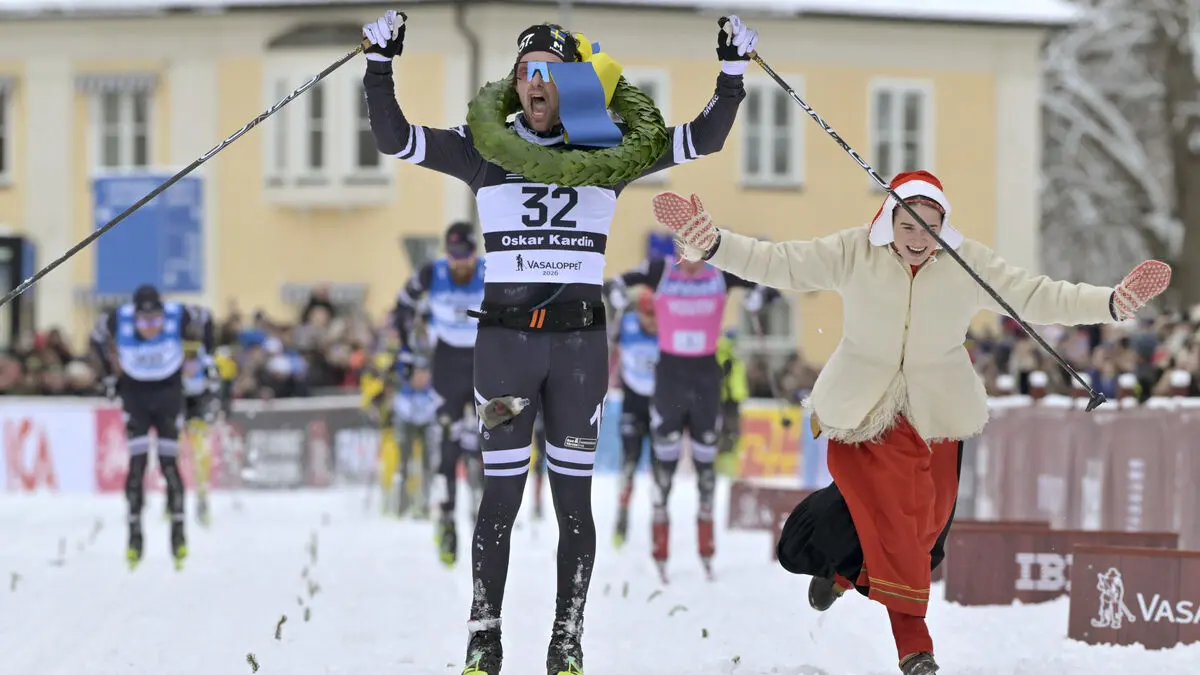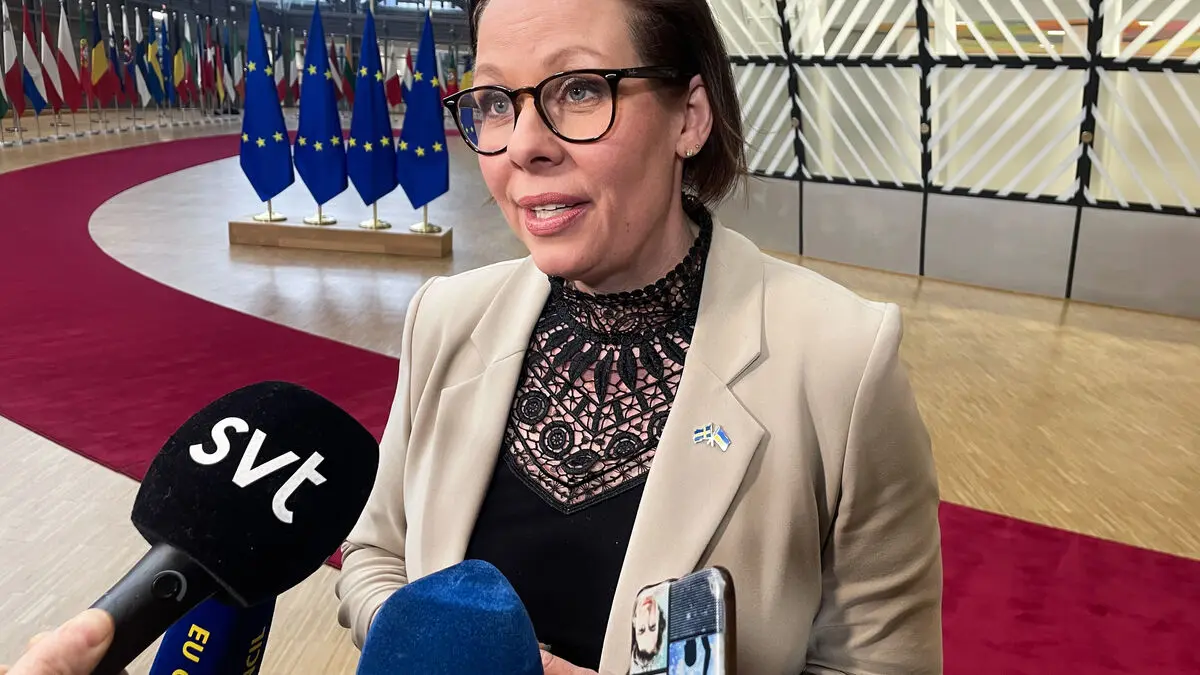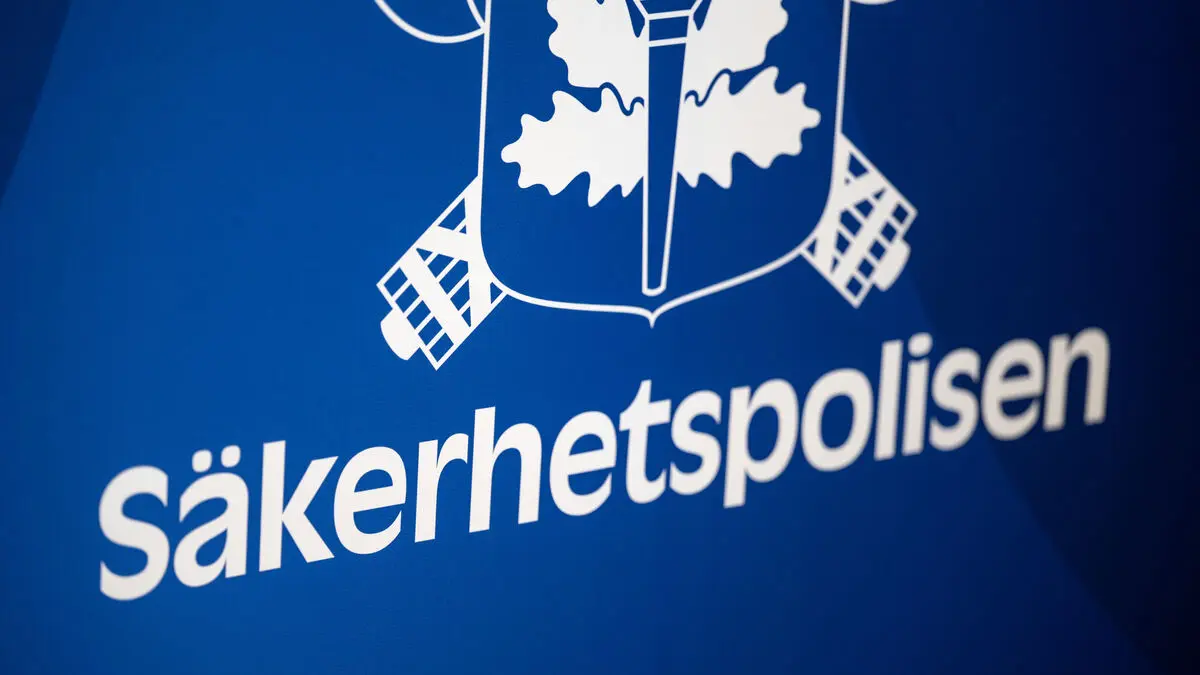Saturday's prisoner exchange between Iran and Sweden had international repercussions. A number of major media outlets reported on the Swedes' homecoming and the criticism the exchange has received.
The news that Saeed Azizi and Johan Floderus had been allowed to leave Iran and reunite with their families in Sweden, in exchange for Sweden releasing the life-sentenced Hamid Noury, spread rapidly internationally. Pictures from Arlanda, where Azizi and Floderus were greeted by both Prime Minister Ulf Kristersson and relatives, were published by, among others, New York Times, BBC, and Sky News.
The New York Times notes that Iran has had prisoner exchanges with other countries, but that this case stands out in that it was the first time an Iranian official was convicted abroad for crimes committed in Iran.
The NY Times also takes up the anger sparked by the exchange, and the concern that Sweden is rewarding Iran for its fabricated charges against and systematic imprisonment of foreign nationals. "This was an affront to justice," comments human rights lawyer Gissou Nia.
Fellow Prisoner
The British The Guardian refers to EU Commissioner Ylva Johansson's and Commission President Ursula von der Leyen's relieved comments on the Swedes' release, but also raises criticism of the Swedish decision to pardon Noury. "This is an affront to the entire justice system and all those who participated in these trials," said lawyer Kenneth Lewis, according to the newspaper, citing news agency reports. Lewis represented a dozen plaintiffs in the Noury case in Sweden.
The Belgian De Standaard has interviewed aid worker Olivier Vandecasteele, who was imprisoned with Johan Floderus for a few weeks in 2022. Vandecasteele was released from Iran at the end of May last year, in a Belgian-Iranian prisoner exchange, and has since been involved in Floderus' case.
Bittersweet
Vandecasteele notes that his friend now needs rest and time with loved ones to recover from his prison experience.
You just want one thing after such trauma: to be very close to friends and family, says Vandecasteele.
The struggle is not over after the release of Saeed Azizi and Floderus, he adds.
It's a bittersweet feeling for all the families of other victims who are still illegally imprisoned in Iranian cells, like Ahmadreeza Djalali, says Olivier Vandecasteele.






